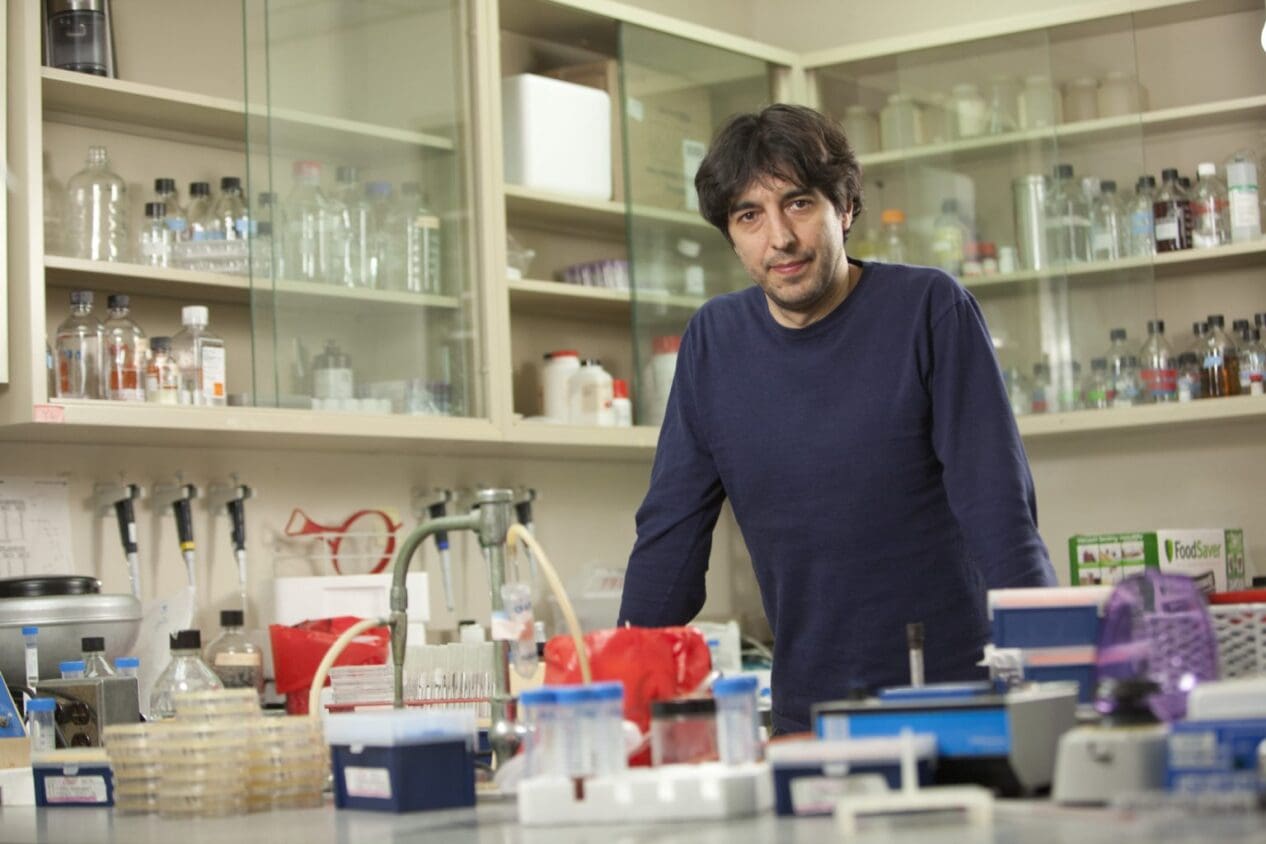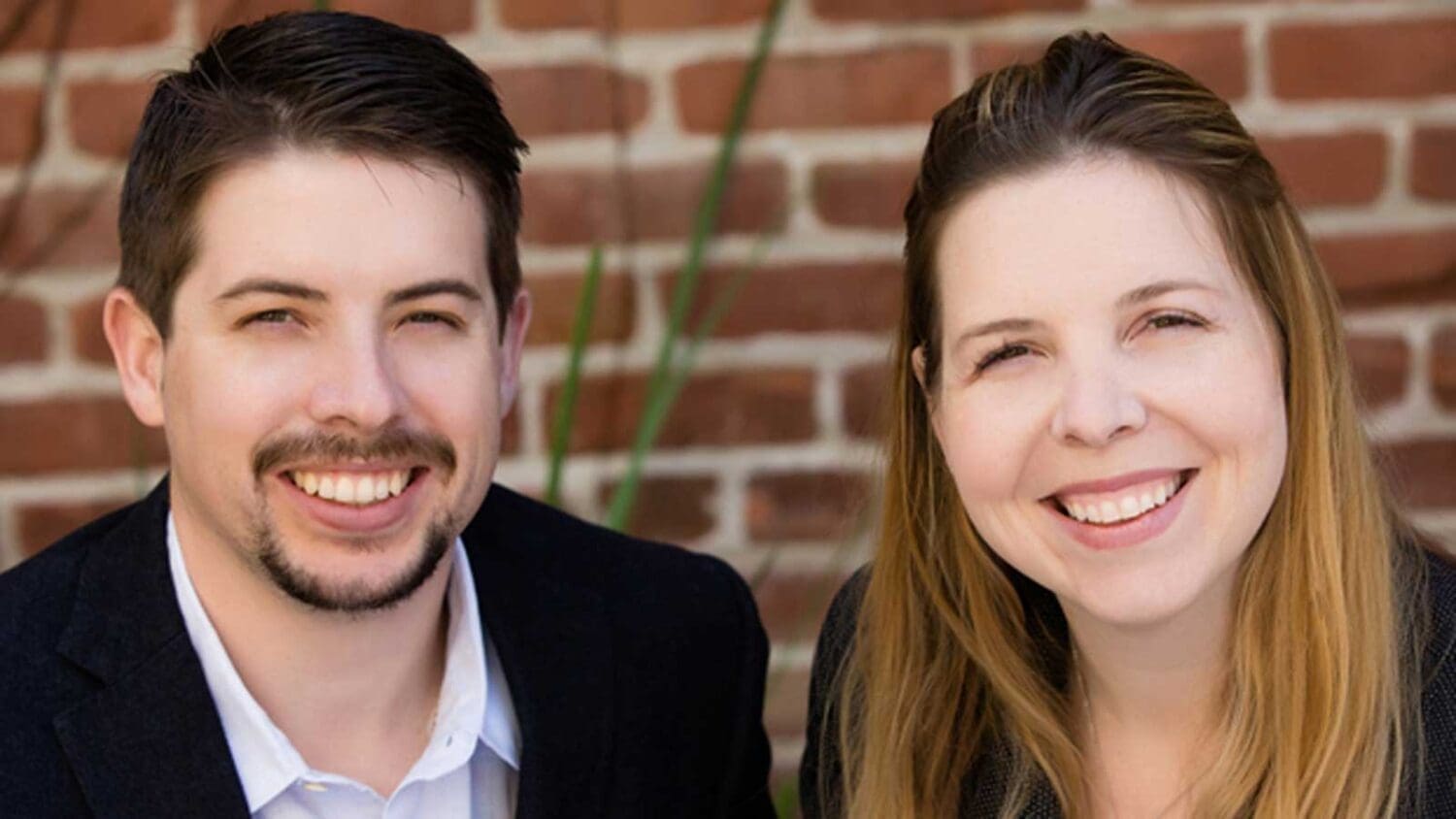




When Julia Walsh, USC Leonard Davis School of Gerontology Applied Legal and Regulatory Issues in Aging instructor, wrote a letter to President Obama explaining why she appreciated the Affordable Care Act, she may not have expected anything in return. However, after describing the progress that has been made in improving access to healthcare.gov and highlighting the importance of the new law, the President used Walsh’s story as an example of the impact the Affordable Care Act can have, even on those who already had health insurance.
After describing that earlier this year she received two significant medical diagnoses, the President quoted Walsh’s letter. “I have a lot of things to worry about. But thanks to the Affordable Care Act there are lots of things I do not have to worry about…like whether there will be a lifetime cap on benefits, or whether my treatment will bankrupt my family. I can’t begin to tell you how much that peace of mind means.”
Although Walsh had health insurance, the President explained, with the law’s ban on lifetime care limits she will no longer face the decision between caring for her children and getting the treatment she needs. Click here to view the speech.
Kelvin Davies streamlined the submission process for one journal – now Elsevier is expanding Your Paper, Your Way across its entire portfolio.
In scholarly publishing as in life, the most complicated thing might be figuring out how to simplify. For two years, professor Kelvin Davies has quietly been revolutionizing how papers are submitted to academic journals, leaving scientists with more time to devote to actually conducting research.
The Vice Dean and James E. Birren Chair in Gerontology at the USC Leonard Davis School of Gerontology, and Professor of Molecular and Computational Biology at the USC Dornsife College of Letters, Arts and Sciences, Davies has been Editor-in-Chief of biomedical journal Free Radical Biology & Medicine for more than three decades, in which time he’s seen thousands of submissions from researchers. Davies has also been editor of three other biomedical journals and on the editorial board member for dozens of others.
Like most top scholarly journals, the acceptance rates at Free Radical Biology & Medicine are brutal: only about one-in-five submitted papers are published, and most are declined right away after a quick glance, the “desk reject” in publishing parlance.
But the journal still demanded a lot of specific formatting in advance of submission – “busywork” that Davies says had nothing to do with the content of the paper and that the editors of the journal spent a lot of time correcting. Authors would toil at formatting an article to a journal’s specifications, only to have to reformat it again if the paper was rejected for resubmission to another publication.
“We’re all scientists. We’ve all felt the frustration as authors of spending an awful lot of time on something that has nothing to do with the science,” said “Sir” Kelvin, who was knighted by the President of France in 2012, in honor of his critical role in uncovering the effects of free radicals and oxidative stress on aging processes [link: http://dornsife.usc.edu/news/stories/1170/usc-professors-cadenas-and-davies-knighted-by-france/].
In 2011, Davies began offering researchers the option of submitting their papers to Free Radical Biology & Medicine with whatever formatting made the most sense to them, so long as they included such crucial information as a title and abstract, methods, results and discussion, references and mandatory disclosures. Free Radical Biology & Medicine is the official journal of both the Society for Free Radical Biology & Medicine, based in the United States, and the European Society for Free Radical Research.
“From the beginning, when we took off our editor caps and put on our author caps, we thought this would be great, and we rather had the idea that other authors would think it was super as well,” Davies said.
The Your Paper, Your Way system devised by Davies, which also includes a more automated citation style, was then expanded to a trial group of 42 journals by Elsevier, the publisher of Free Radical Biology & Medicine and other leading journals such as Cell and The Lancet. The feedback, in an area of publishing traditionally resistant to change, was overwhelmingly positive: not a single piece of negative feedback from authors or reviewers. Most editors said they saw no difference in their workload.
Last month, Elsevier announced an expansion of the Your Paper, Your Way system to 800 of its publications, and by the end of the year it plans to roll out the program across their entire portfolio of 2,300 journals, freeing researchers to spend time on content instead of formatting, before the certainty of acceptance. Once the paper makes it to revision stage, authors are then asked to format for consistency.
“We should be focusing on the quality of science and not the format,” Davies said. “An easier submission process not only saves time and effort but may also allow authors to achieve faster publication speeds. There is no downside to it.”
 USC Leonard Davis School dean Pinchas Cohen was among many of USC’s scientific leaders who convened in Seoul, South Korea, on May 23 for the 2013 USC Global Conference.
USC Leonard Davis School dean Pinchas Cohen was among many of USC’s scientific leaders who convened in Seoul, South Korea, on May 23 for the 2013 USC Global Conference.
Cohen and fellow USC Leonard Davis School faculty members Mara Mather and Valter Longo participated in the panel discussion entitled “The Longevity Challenge: Strategies for Successful Aging,” which can be heard in its entirety below.
[soundcloud url=”http://api.soundcloud.com/tracks/94394720″ params=”” width=” 100%” height=”166″ iframe=”true” /]
Click here for audio of all the panels and click here for a more detailed account of the event..
 I’m graduating this year with a master of science degree in gerontology from the USC Leonard Davis School. As I reflect on my time in the department, I am filled with gratitude for the professors who positively influenced my collegiate experience and extended their support in academic mentorship and collaboration.
I’m graduating this year with a master of science degree in gerontology from the USC Leonard Davis School. As I reflect on my time in the department, I am filled with gratitude for the professors who positively influenced my collegiate experience and extended their support in academic mentorship and collaboration.
At the end of last year, I had an opportunity to nominate Dr. Jon Pynoos for induction into the USC Golden Key Chapter. I knew he would be an excellent candidate for this international honor society, which is dedicated to personal, professional and altruistic achievement.
Dr. Pynoos was my first professor at the USC Leonard Davis School of Gerontology. His “Policy, Values and Power in an Aging Society” class laid the foundation for my interdisciplinary and intergenerational coursework and inquisitive investigation of the field. I will never forget how formative our class discussions were, as we explored landmark legislation like Medicare, Medicaid and Social Security as well as the social contracts between generations.
Dr. Pynoos always encouraged us to think for ourselves and to critically analyze existing aging frameworks while imagining novel and innovative ones. I remain grateful for his wisdom and kindness, and I credit him with helping launch me on a successful USC academic career.
I was thrilled when he was chosen as a Golden Key Honorary member, and proud to help celebrate him and his world-changing work at the New Member Recognition ceremony. Dr. Pynoos’s dedication to thoughtful evidence-based research, visionary leadership and compassionate mentoring has inspired countless students. It was meaningful to see him rewarded and recognized.
As I graduate from the USC Leonard Davis School of Gerontology this May 2013, I look forward to the challenges and opportunities that lay ahead of me. I hope to follow in the footsteps of Dr. Pynoos by emulating his kindness, generosity and sincerity. I want to inspire others as he has inspired and empowered me, and to make a positive difference in the world and our interdisciplinary field.
Because of his exemplary mentorship, dedication, and passion for autonomy and quality of life, I believe my fellow graduates and I can cultivate a culturally sensitive, personalized and collaborative model of care and support for the future. I am humbled to continue my academic and professional journey and carry with me the eloquent, rigorous and supportive direction of Dr. Pynoos.
Thank you, Dr. Pynoos, and all of the USC Leonard Davis School. Fight On!